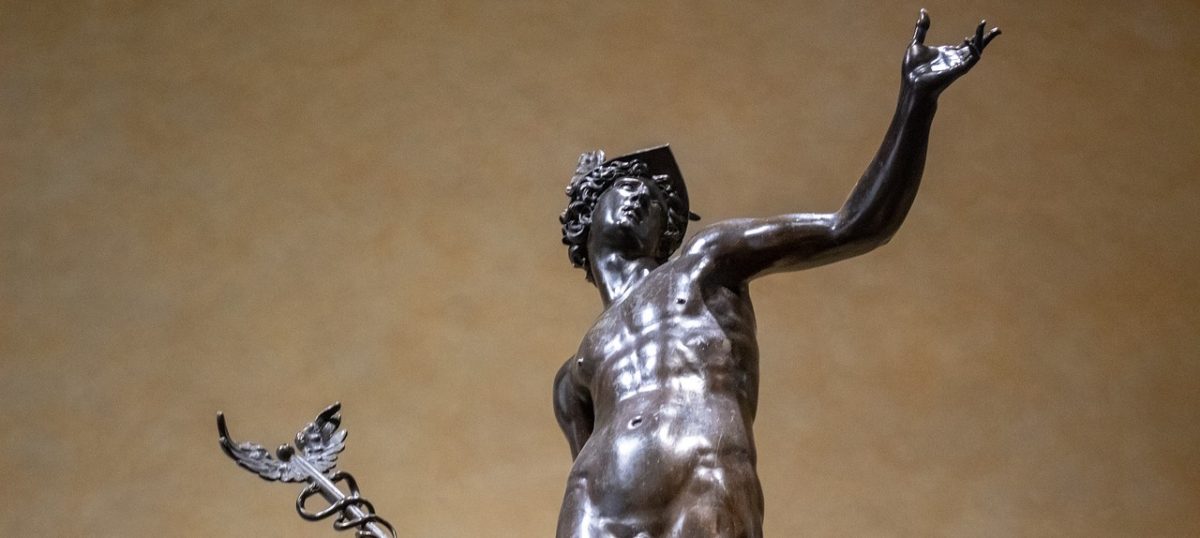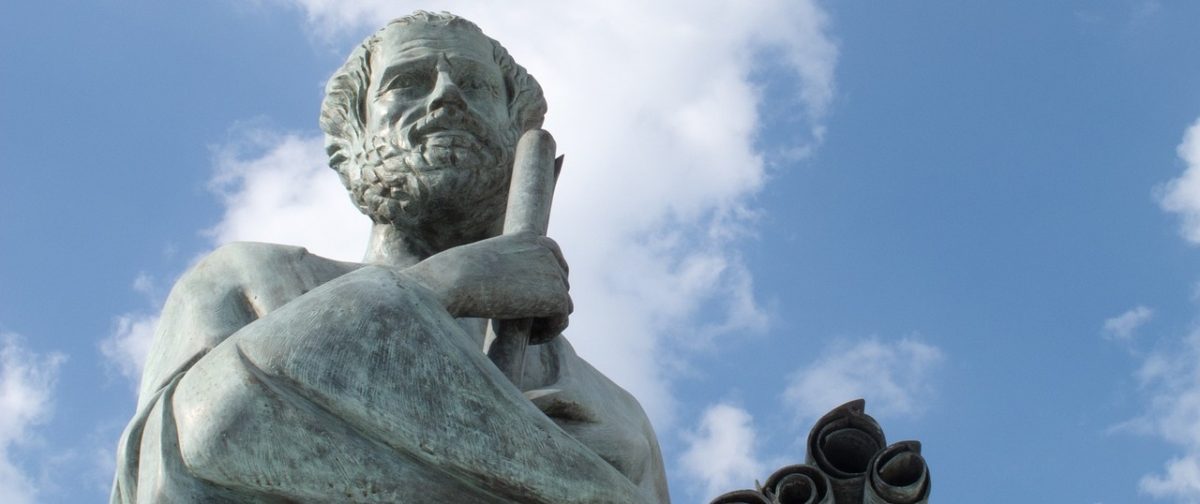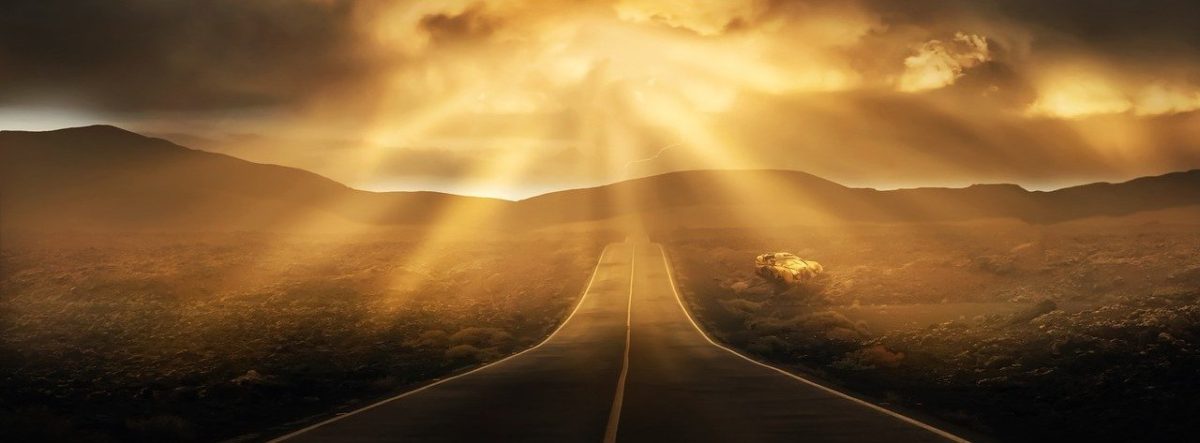On the Border Between Worlds
I am finishing up the first full draft of my book on the philosophy of astrology; the working title is, The Divine Dimension: The Spiritual Roots of Western Astrology. This is my attempt to go back to the roots of our western astrology in the Greek Platonist tradition, and think through the underlying philosophy and worldview.
There is a single core issue that is an underlying theme of our western philosophical tradition, reaching from the early Greek era, what we now refer to as the PreSocratics, all the way through to the world we live in today. The core issue is, the Mind/Matter dichotomy. Basically, we have a Mind in here and a world of Matter out there, and we need a way of thinking about how they connect.
In the Platonist worldview we are living in two worlds or dimensions at once, eternal and temporal. We access the eternal dimension by looking inward, within our minds, and we access the temporal, physical dimension by looking outward, sensing and perceiving the material world. Inner/mental and outer/physical really are two distinct dimensions of experience. Both are part of being human, and you can’t reduce either of them down to the other without leaving out a whole domain of experience. You can’t collapse inner experience down to an epiphenomenon or side effect of matter, and you can’t collapse outer sensory experience down to an effect of the inner, the Mind.
These are two dimensions of our full human experience; and they are related, they mirror each other, they are connected.
Platonism approaches the situation by making the eternal dimension primary and viewing the temporal world of matter as secondary and derived. Platonists view knowledge of the world as inherent in our minds and ultimately retrieved from within. The Aristotelian side of the Greek tradition starts in the other direction, with our deriving our knowledge of the world from outer experience, and abstracting from that to move to inner knowledge. They are trying to get at the connection from opposite directions, and both of them have valid points to make.
In this post I want to try looking at this from a somewhat different perspective, focusing on the role of the planet Mercury. Continue reading “Mercury – As Above, So Below”









